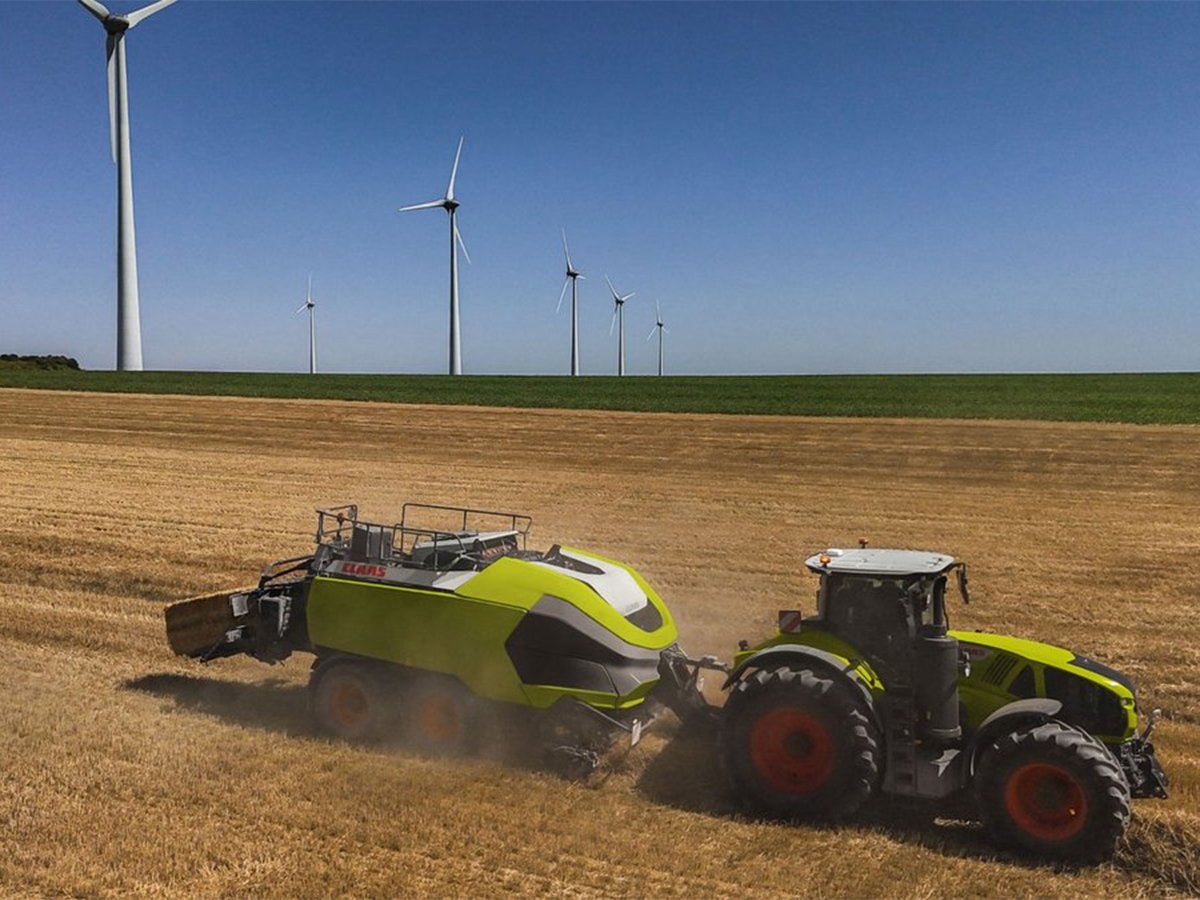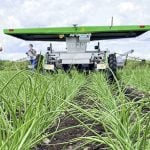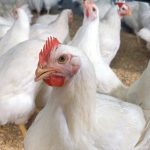Against the backdrop of climate change, the pandemic and worsening world hunger statistics, delegates to the United Nations Food Systems pre-summit in Rome last week discussed how to meet 2030 sustainability and nutrition goals.
More than 500 people attended the event along with 20,000 on-line; 190 countries were represented.
Federal agriculture minister Marie-Claude Bibeau, in her member statement to the pre-summit, said Canada is implementing policies to improve sustainability and food security.
“The current food security crisis is the single largest increase in human hunger ever recorded. We need to get back on track and quickly if we want to achieve zero hunger,” she said.
Read Also

Machinery automation runs through 2025 Agritechnica innovation awards
Computer vision and AI processing for farm machinery show up many times in Agritechnica’s 2025 innovation award winners.
The latest food security and nutrition report from five UN agencies, released in July, said the pandemic highlighted weaknesses in the food system.
It estimated 811 million people were undernourished in 2020, or about one percentage point higher than the year before. The world’s goal is to end hunger by 2030 but the report said that mark could be missed by more than 660 million people. It also said more than 2.3 billion people didn’t have access to enough food year-round.
The agencies said the outcomes of the upcoming Food Systems Summit, Nutrition for Growth Summit and the COP26 are critical to meeting global policy commitments.
Delegates to the pre-summit are counting on momentum toward the actual summit this fall to deal with what they call a broken food system.
Thanawat Tiensin, chair of the UN committee on world food security, said now is the time for action. He said the summit “should re-invigorate political support for the committee” and bring countries together to see their way forward.
“We want to see real outcomes, practical outcomes,” he said.
Deputy secretary general of the UN, Amina Mohammed, said silos between governments and other players in the food system have to be broken down.
“We are united in our belief that within food systems lies the potential to achieve all the goals for people, the planet and prosperity,” she said.
Member countries are expected to develop national pathways to transform their food systems and present them at the summit. Forty countries have already done so, said Dr. Agnes Kalibata, special envoy for the summit.
Canada has committed to working on its pathway.
Frank Annau, director of environment and science policy at the Canadian Federation of Agriculture, said farmers have to be part of the process.
For example, he said one message he heard during the pre-summit was the intent to scale up agro-ecological practices, such as cover crops.
“I don’t think you’re going to find a lot of farmers who have an issue with saving on input costs but when you put those measures to scale you want to of course ensure that you’re not compromising any actual production or output,” he said.
“If Canada commits, there really needs to be sufficient engagement with farmers to make sure it would work in the Canadian context.”
Making healthier food more widely available and at a cheaper price was also discussed. He said farmers have to be part of that conversation in terms of what additional expectations may be placed on them.
“I’m a bit concerned that commitments may be made without that level of discussion,” he said.
Sustainable solutions have to be broad-reaching but also regionally specific and adaptable.
Annau also said he is concerned about the small number of people at the pre-summit who spoke out against the sustainability of animal agriculture.
Fawn Jackson, director of policy and international affairs for the Canadian Cattlemen’s Association, said that’s why the CCA held its own dialogues ahead of the pre-summit.
“We were concerned that some of the stakeholders had a very specific objective heading into the summit that was perhaps away from or not recognizing the importance of livestock in the agriculture system,” she said. “While there might be some voices that still say that, I think it’s very largely recognized that it’s important not only in Canada but also globally.”
She said the summit is looking for game-changing solutions but chasing a specific solution won’t work because the food system is complex.
Canada’s livestock sector touted the work of the Canadian Roundtable for Sustainable Beef and is looking forward to working further with partners in this area, she said.
Emphasis on the roles of women, Indigenous people and youth are keys to a sustainable global food system.
“When we look at the livestock sector specifically, (animals) provide livelihood to one billion poor, and 70 percent of them are women, and 10 times more women own livestock rather than land,” Jackson said. “And so really increasing women’s control over livestock assets has positive effects on food, on security, on child nutrition, on education.”
Like Annau, she said it’s critical that farmers are at the table during these discussions.
Some organizations boycotted the pre-summit, saying farmers had been left out in favour of agri-business.
Jackson said food systems have to include social, environmental and economic goals.
“We’re going to need all different types of agriculture and we need solutions for them all to be able to thrive in the coming years,” she said.















